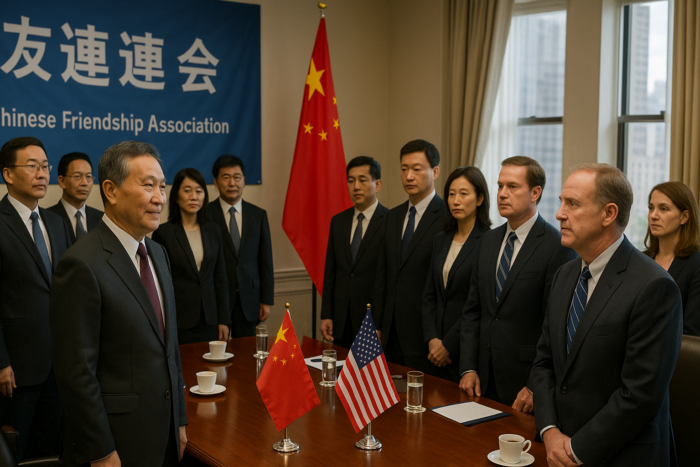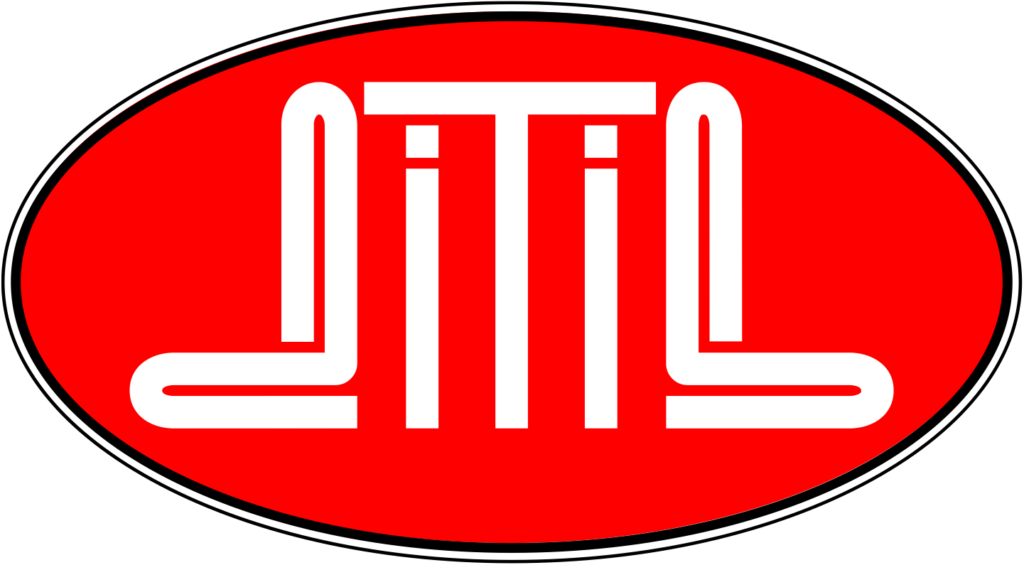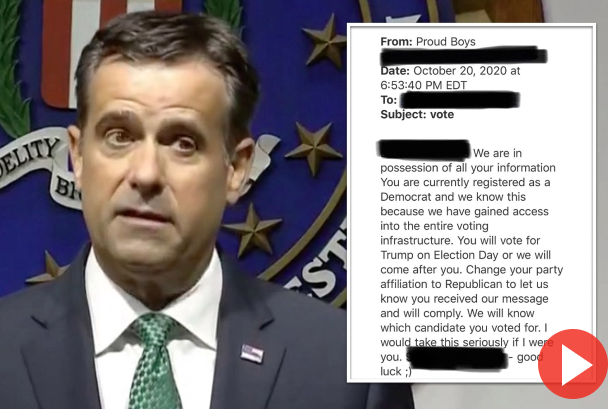UK media reported last week about the founding of a new government-funded research center aimed at combatting Russian disinformation over Ukraine. The Centre for Emerging Technology and Security (CETaS), based at the Alan Turing Institute, seeks to harness open-source data and new technologies such as Artificial Intelligence and to “build a community that can keep pace with the growing amount of data and tools to exploit it.” According to a BBC report:
June 8, 2022 A new centre aims to boost the UK’s security through building expertise in cutting-edge technology. The Centre for Emerging Technology and Security (CETaS) will be based at the Alan Turing Institute, the UK’s centre for data science and artificial intelligence. UK officials say it will help develop expertise outside government, including in publicly available information. This is proving vital in combating Russian disinformation over Ukraine. […] “In the current phase of the conflict, the balance of advantage is with those who seek the truth about progress in Russia’s campaign,” two anonymous government officials wrote in a paper issued to mark the launch of the new government-funded CETaS. A key reason has been what’s called open-source intelligence. This relies on analysing publicly available data, like videos on social media, in contrast to “secret” intelligence that spies obtain through covert means like intercepting communications or running agents. “The Ukrainian conflict has shown us the importance of data analysis and technology for exposing Russian disinformation campaigns,” Paul Killworth, deputy chief scientific adviser for national security, told the BBC. “Centres such as [CETaS] provide another tool in the armoury of open societies. It gives us more teams of specialists able to investigate claims.”
Read the rest here.
The CETaS website says the center “conducts policy-focused research and analysis on topics related to data science, artificial intelligence, cybersecurity and privacy technology” and seeks to “directly support the UK national security community to maximise the opportunities of emerging technologies in a responsible and evidence-based way.”
To date, the CETaS has published two papers. The CETaS report on the future of open-source intelligence (OSINT) and publicly available information (PAI) argues that OSINT needs to be “viewed firmly alongside other types of intelligence and integrated cohesively into existing analytical approaches across the national security community.” The CETaS expert analysis on information warfare examines Russia’s use of online disinformation amid the Ukraine war and argues that in the future, Russia will focus on amplifying ‘organic’ narratives advanced by fringe actors or mainstream ones that suit its aims.












